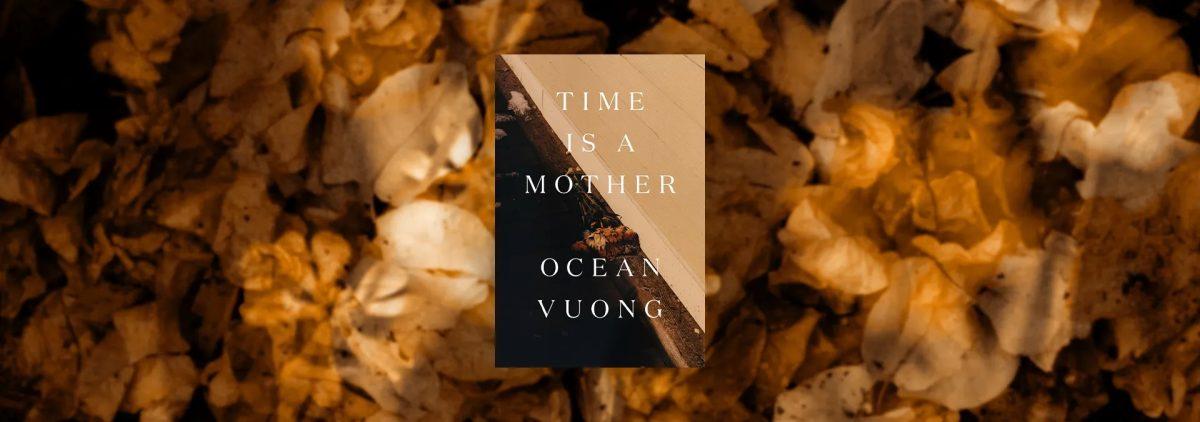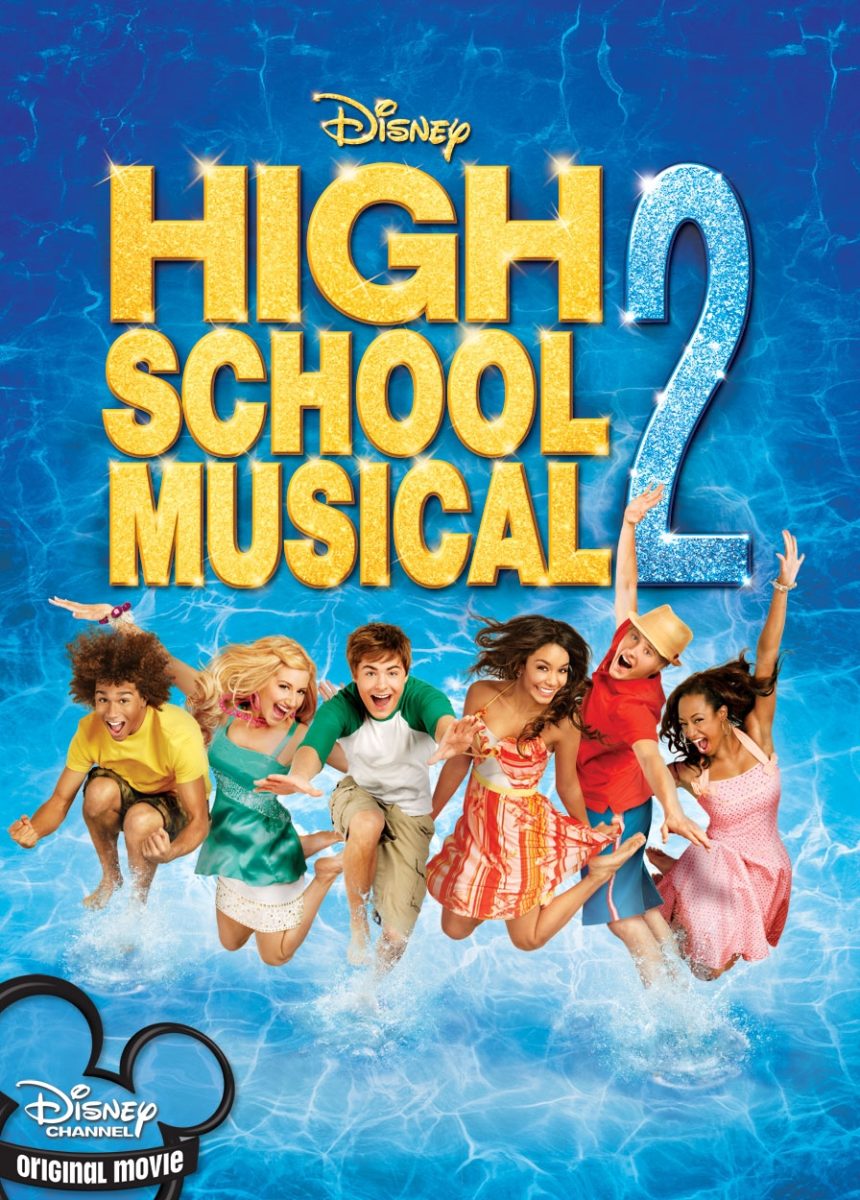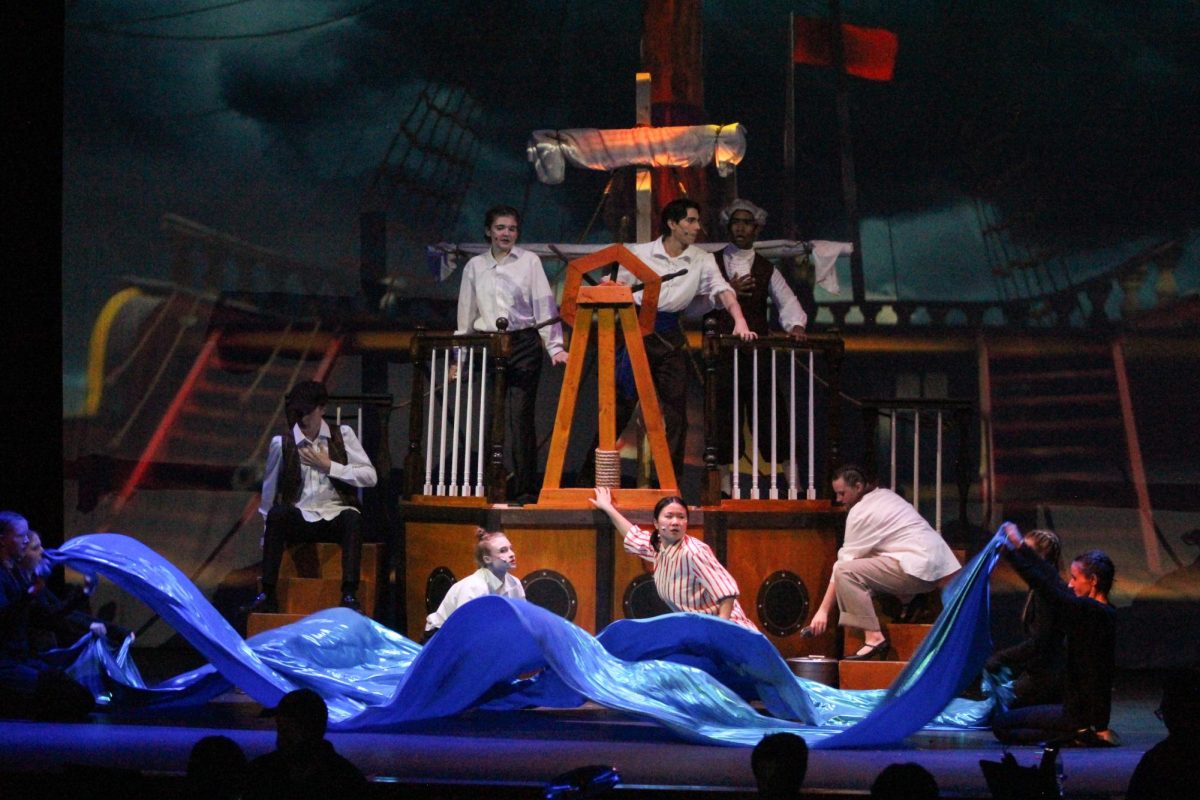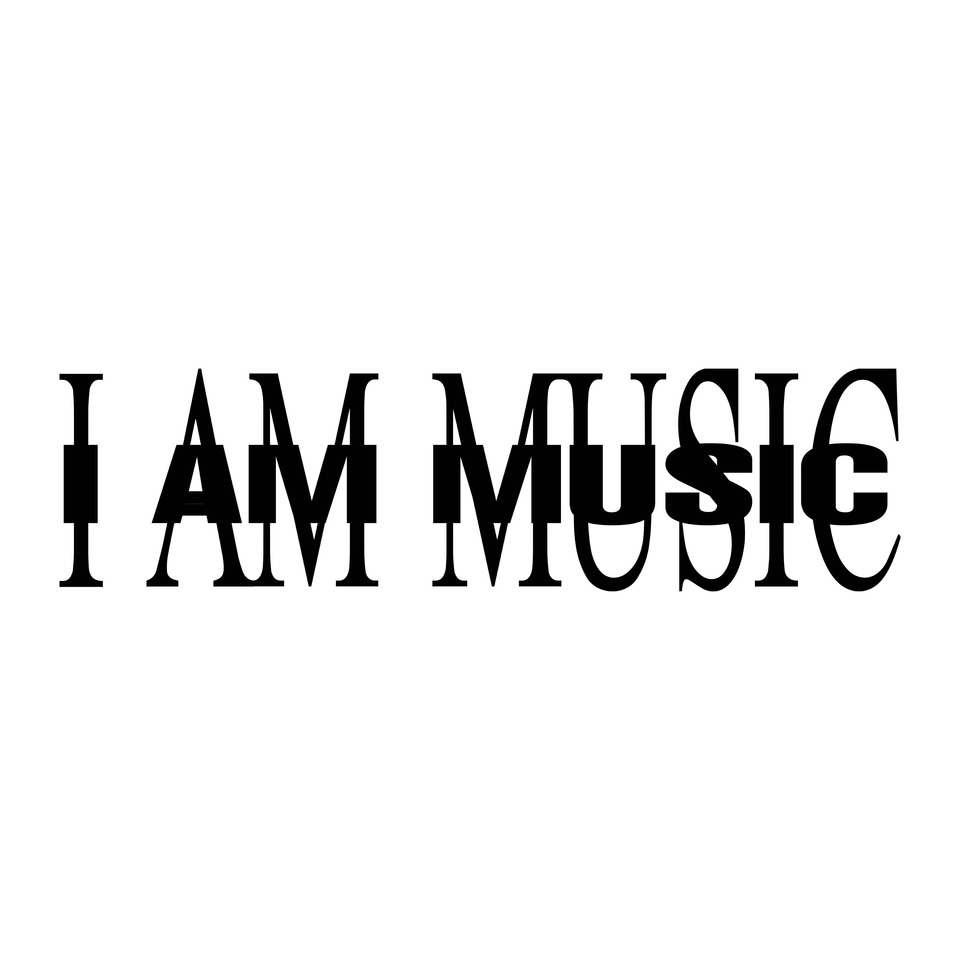“Lest we forget, a morgue is also a community center.”
In 2017, the literary world saw the rise of Ocean Vuong with his acclaimed debut poetry collection. In his poems, he delves into his own experiences, speaking on behalf of family, gender, the accumulation of the self and such aspects of his life. His 2019 novel, On Earth We’re Briefly Gorgeous, follows a relatively similar path, though written in a series of letters from immigrant son to illiterate mother—though it’s more-so an autobiography than it is prose. That same year, only weeks after this publication—which won him a MacAurthur Foundation “genius grant”—Vuong’s mother died, after battling with breast cancer for a short while. His newest release, Time Is a Mother, undeniably twines around this subject. Being his second collection of poetry, Vuong shares stories of loss and grief following her death, but still incorporates other sweeping themes that are more common within his works—racism, family, war.
Grief is examined from a multitude of view points, whether from loss of a family member, oneself, or one’s country. Through On Earth We’re Briefly Gorgeous reshapes his work into something nebulous and amorphous, here, his prose is deep, yet soft, intriguing. He has a clear sense of the world, or at least something akin to it. There’s a variety of techniques used, ranging from short poems to endless epics, small bursts of imagination to heart-wrenching paragraphs that induce a pain beyond the lopsided smiles of a children’s doctor’s pain scale. Something that can’t just have a band-aid slapped on and neglected.
Something about Vuong’s writing demands the reader’s complete focus. The absence of full stops, the conciseness of it all. It unleashes a sense of understanding.Vuong speaks on behalf of his dead mother, her journey to the states. His poems are vivid, inducing a sort of suspense, leaving the reader on edge, wanting to continue reading.Time Is a Mother is a haunting body of work, as horrifyingly painful as it is hopeful. Quite possibly, it’s Vuong’s best work of them all. It demands a read, as his words demand appreciation. There’s art in death and grief, and Vuong brings light to that brilliantly. As Vuong once said, “Oh, you know, you realize that grief is perhaps the last and final translation of love”








